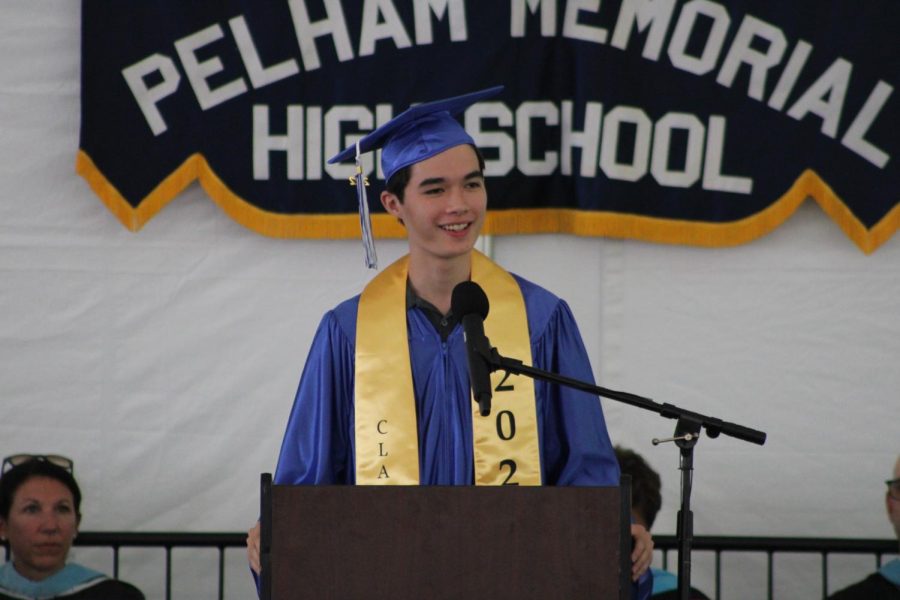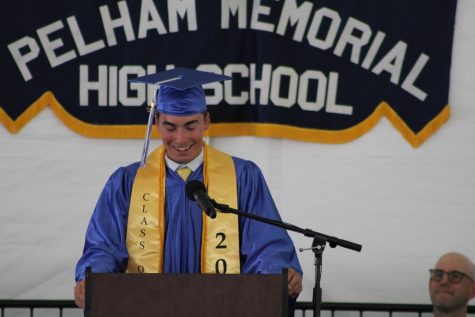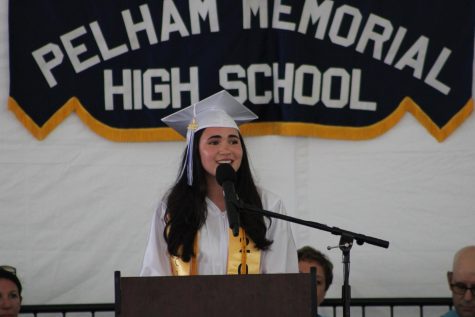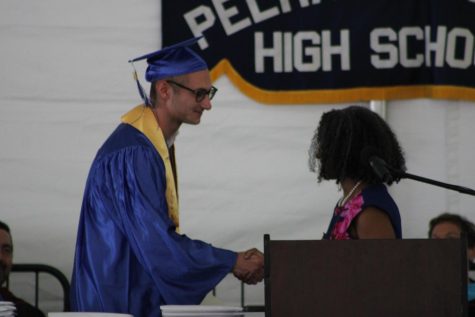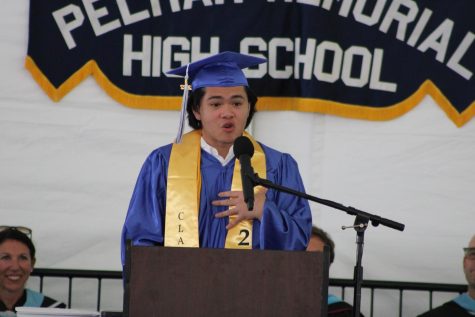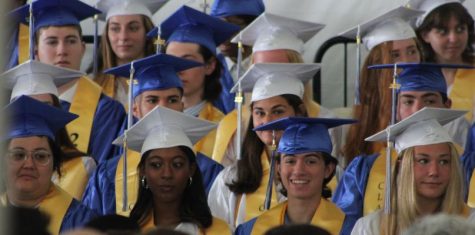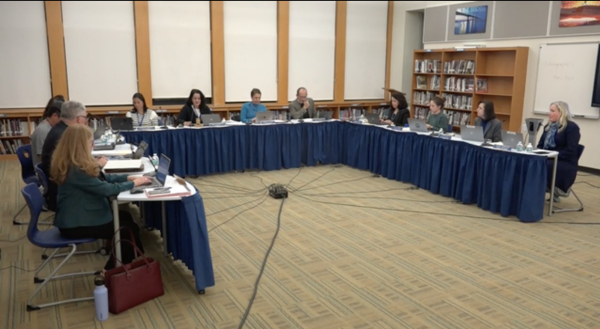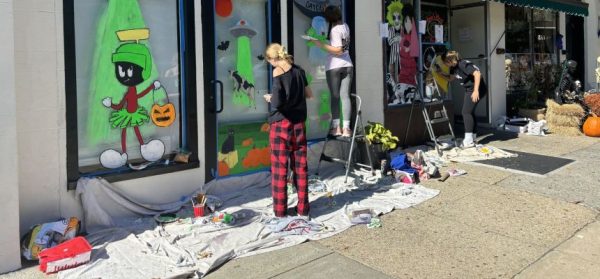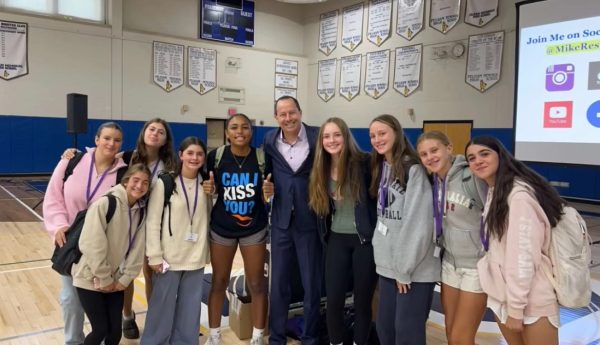Oliver Tam’s graduation speech: Embrace the unknown; don’t write your high school sequel
I am obsessed with sequels. Good sequels, bad sequels. I love them all. For example, recently I watched “The Next Karate Kid,” with Hilary Swank and Pat Morita, the sequel to “The Karate Kid.” And as I pressed play, there were two possibilities. Either this would be a fantastic continuation of a beloved film, building upon the emotional depth that was found in the first, or it was going to crash and burn into a horrible, but overall amusing, mimicry.
And when I got to the point in the film where three members of a high school security group called the Alpha Elite bungee-jumped from the roof of the school gymnasium onto the prom dance floor, I knew which of the two it was.
Perhaps I love sequels because I’m going into the business of telling stories. Or that I just loved seeing how people create new things out of old ideas. Whatever the reason was, it got me thinking. Why do people feel compelled to write sequels? Do people really want to see their characters tarnished by a continuation of a possibly subpar story? And, most importantly of all, what producer thought “The Next Karate Kid” was ready for release? All of these equally important questions rattled in my brain. And then, in a moment of clarity, a single question emerged.
If I were to write the sequel to my high school story, how would I make it exciting and captivating? Well, a sequel needs to be grandiose, encapsulate the energy of the original, and build upon it. Alright, simple enough. All I would have to do was write a story that could rival the drama of a global pandemic! Maybe not so simple. But, let’s brainstorm. What if…I went into space and flew through a wormhole and then time went by faster-wait, okay… that’s “Interstellar.” Oh! How about I dress up as a bat and fight crime in the-hmm…”Batman.” That’s not going to work either.
Of course, I’m making this more light-hearted and trivial, but the inherent idea of it is something that was bothering me. When you picture the end of “the high school experience,” you’d probably imagine a graduation like this. Maybe a group of friends gathering in a field. The camera pans and fades to the sky as hats are thrown in the air and the credits roll. But, what happens after the happily ever after? How could someone dive into the next chapter of their story without having a notion of what they’re getting into? And for months, the question would simply not stop bothering me until finally, I found the answer.
It’s impossible.
Moving past high school, whether you’re going to college or directly into the workforce, the unknown is the most tantalizing and exciting part. With months of trying to plan my own sequel, I realized that trying to reason and chart the paths that life takes you is impossible. Life is exciting and spontaneous. It can’t be contained or predicted by words on a page or characters on a screen.
Someone told me once that life is like hundreds of doors. Each of them being opened and closed because of reasons beyond your control. If you try and force doors open or plan out which doors you’ll enter, they won’t open. But if you let it, life will guide you to the doors you’re meant to go through.
So, if you asked me to write the next chapter in my life, the sequel to my high school experience, …I’d tell you no because embracing the unknown is the most exciting part. And if you are asked to write your next chapter, I’d implore you to say no. Because to quantify yourself in that way is simply impossible and it limits your potential. And finally, if the producers of “The Karate Kid” are asked to create another sequel, I hope they will say no because we do not need it. Thank you.
Oliver Tam was one of three students chosen to speak at Saturday’s graduation ceremony based on speeches submitted. He is a former Executive Editor of the Pelham Examiner.
Oliver has been working with the Pelham Examiner since August of 2019 and looks forward to continuing his contributions. Along with contributing to the...



